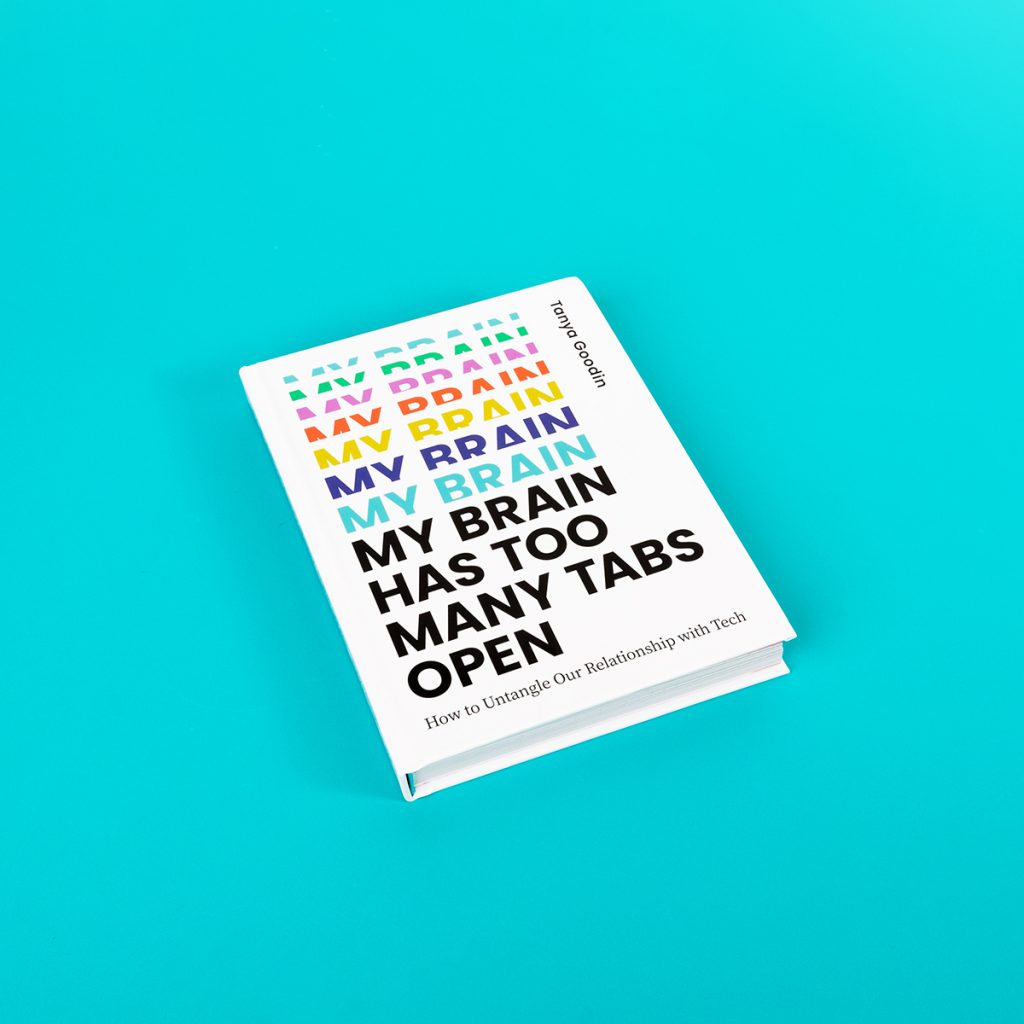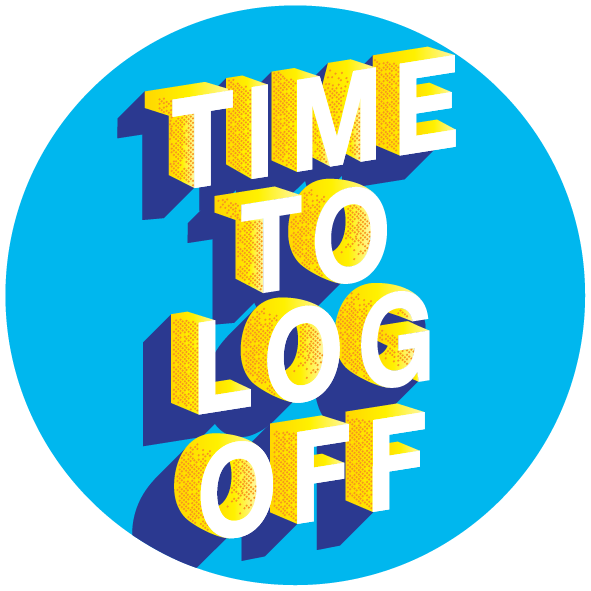
11 Jul Is Your Phone Habit Wrecking Your Memory?
How many phone numbers can you recall? If you’re anything like the Time to Log Off team, you’ll find its very few. And yet, a few years ago we could all recall the phone numbers of our friends and family with ease, couldn’t we? And what about navigating ourselves from one place to another, didn’t that used to be something we could mange without heavy reliance on our smartphone and GPS?
Memory researcher Catherine Loveday found in 2021 that 80% of the adults she surveyed felt that their memories were worse than before the pandemic. But prolonged periods of stress, isolation and exhaustion – common experiences for all of us since March 2020 – are known for their impact on memory. Is something else going on?
Are we outsourcing too much to our phones?
The term ‘digital amnesia’ has been defined as “a phenomenon where our brains are fast losing their ability to remember as we become increasingly reliant on technology to retain data”.

Scientists and psychologists are divided on whether it’s actually a true phenomenon or whether other factors (like the pandemic, ageing etc) are impacting our ability to recall information.
The argument against digital amnesia
Some neuroscientists believe we have always ‘outsourced’ some of our brain processes to other methods and that this isn’t necessarily worrying of itself.
“We have always offloaded things into external devices, like writing down notes, and that’s enabled us to have more complex lives, processes. We’re doing it more, but that frees up time to concentrate, focus on and remember other things.”
Chris Bird professor of cognitive neuroscience, University of Sussex
These experts think that some of things our smartphones help us with are actually quite challenging as our brains aren’t evolved to remember highly specific, one-off things. Before we had devices, for example, it was challenging to remember all the things we needed to do at specific times of the day as our lives became more complex and now reminders, alarms and online calendars help with all of that.
The argument for digital amnesia
Other experts are more cautious about dismissing the potential long-term impact of outsourcing so much of our brain function.
“Once you stop using your memory it will get worse, which makes you use your devices even more. We use them for everything. If you go to a website for a recipe, you press a button and it sends the ingredient list to your smartphone. It’s very convenient, but convenience has a price. It’s good for you to do certain things in your head.”
Professor Oliver Hardt, McGill University
Professor Hardt cites research that shows that people who have relied long-term on GPS have reduced grey matter density in the hippocampus (the part of the brain that has a major role in learning and memory). This is because GPS doesn’t encourage us to build up large spatial maps in the brian (which navigating without it does), rather it gives us simple, one-step instructions ‘turn left’ ‘go straight on’ which don’t engage the hippocampus and challenge it.
Countering digital amnesia
If you think your own brain power and memory might be being affected by over-reliance on your devices try these tips:
- Try memorising five phone numbers of those you call the most frequently.
- Go out on a day trip and ban the use of smartphone GPS, use a physical map instead.
- Play old-fashioned memory games as a family (recalling random objects on a tray is a good one).
Actively look for opportunities to memorise and recall information in your daily life, instead of using digital reminders and shortcuts. Your hippocampus needs to be challenged and exercised like any other part of your body and brain – don’t let it get rusty!

For more about how to get a healthy balance with tech: My Brain Has Too Many Tabs Open is out now






Sorry, the comment form is closed at this time.